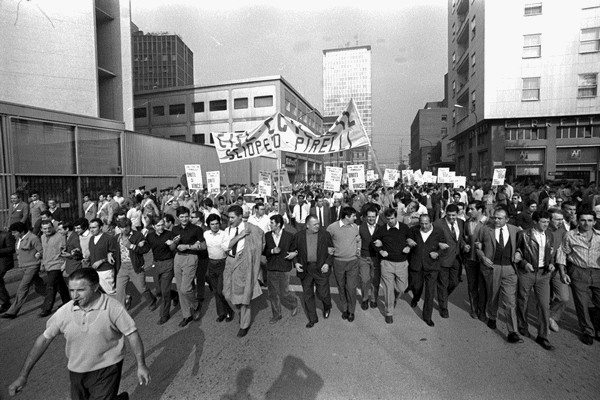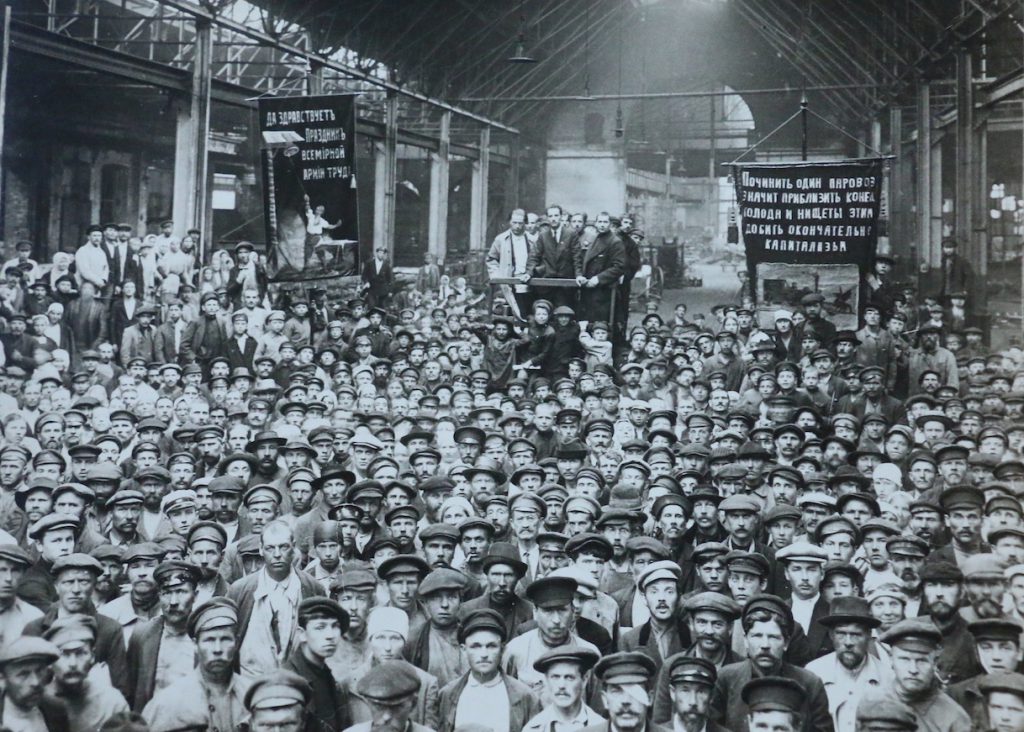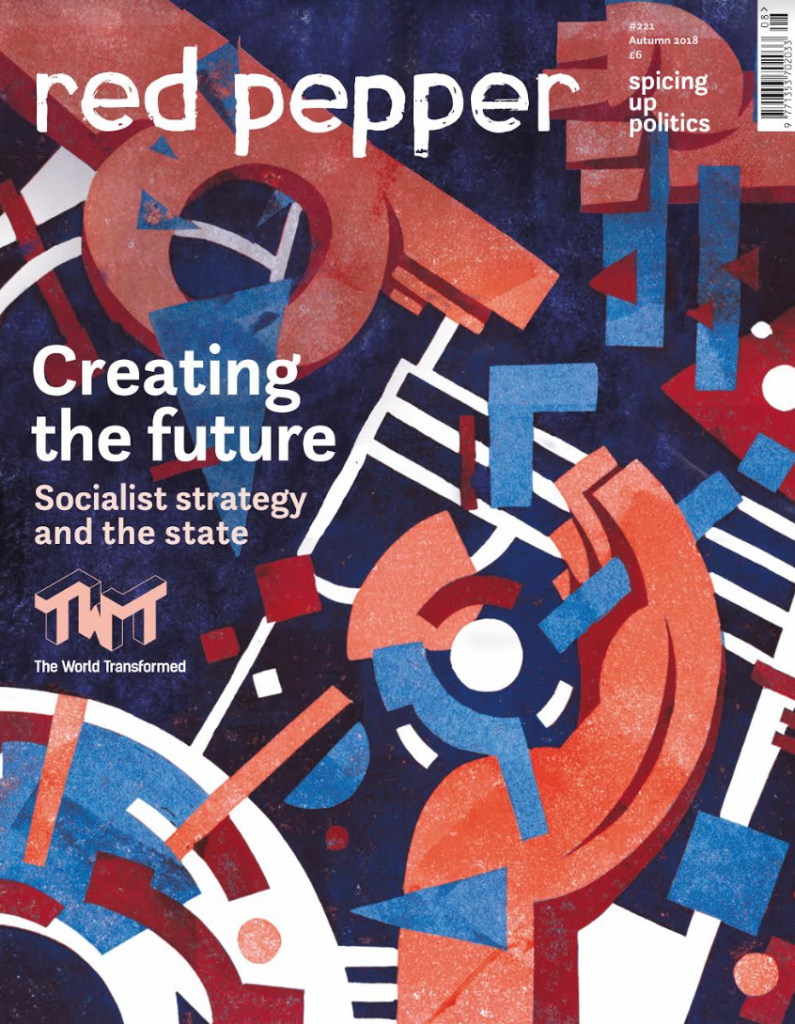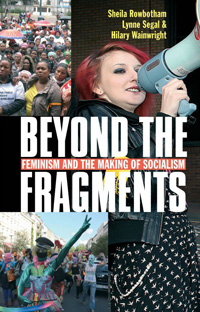Resources for the TWT 2019 session.
This year marks the 40th anniversary of the seminal text ‘In and Against the State,’ which addressed how revolutionary socialists, then working in the public sector, were able to square the apparent contradiction of remaining revolutionary while working within the constraints of the state’s ‘disciplinary architectures’. Informed by ‘autonomist’ political ideas and practices, unleashed in the global ruptures of 1968, ‘In and Against the State’s authors spoke to a generation of activists wrestling with where best to place their energies in recognition of the central place that state provision played in the social and technical reproduction of the working class.
Recently this small text has had something of a renaissance, particularly in the UK. This workshop will explore the history of this idea in the radical left and what an ‘in and against the state’ position might be.
View the workshop outline <here>
Audio Recordings from TWT
Archival Material
(click on the image to download)
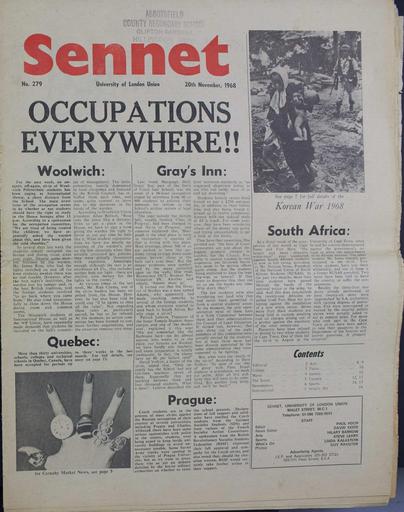
Sennet Newspaper November 1968 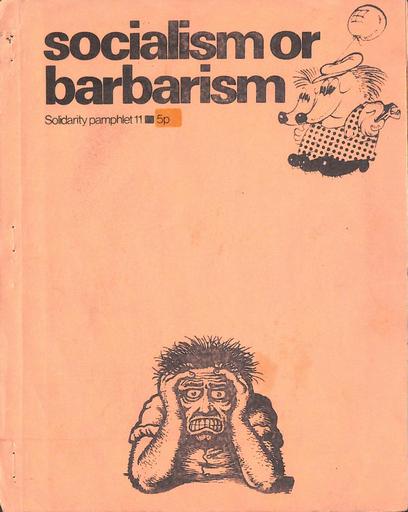
Solidarity- Socialism or Barbarism 1972 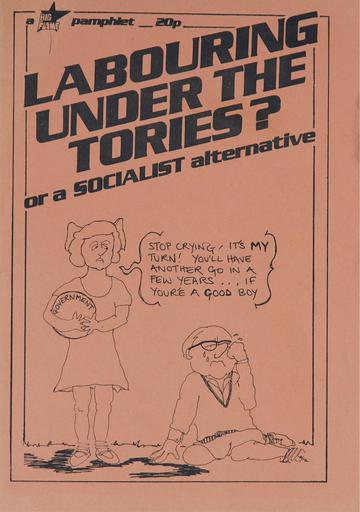
Big Flame- Vote Labour but… 1983 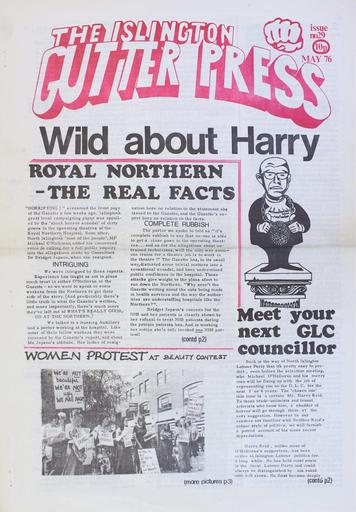
Islington Gutter Press May 1976 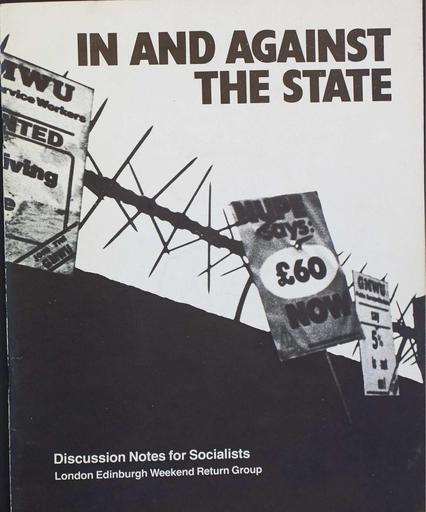
In and Against the State 1979 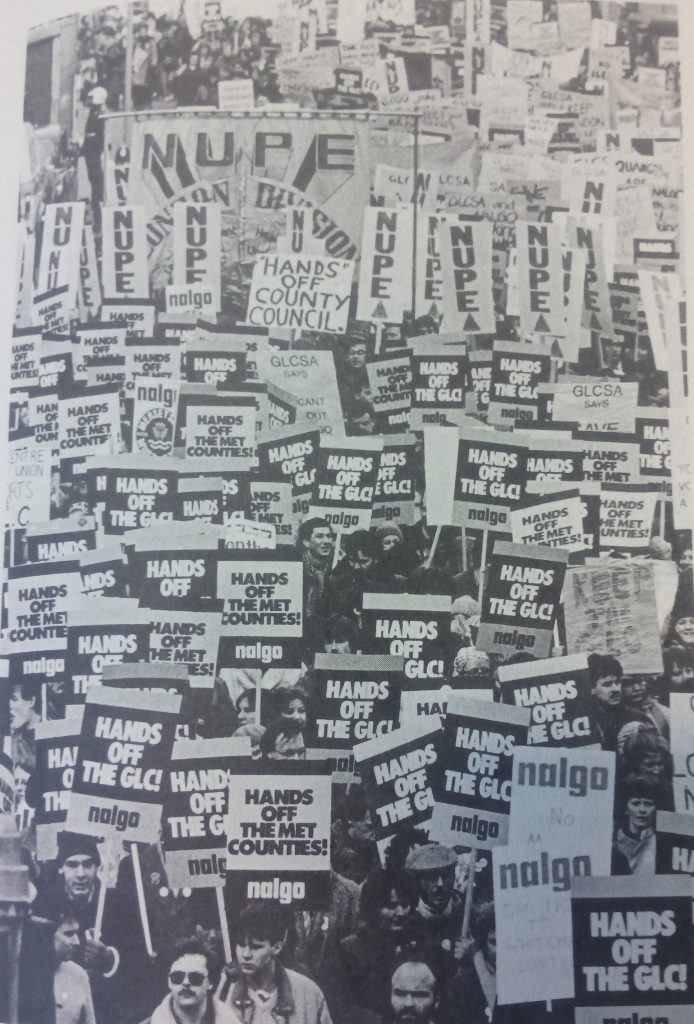
Sennet: Newspaper of London University of London Union (1968)
The paper of London University Union covering a period of the occupations at LSE.
More here
Solidarity Pamphlets
The libertarian socialist group Solidarity was set up in 1960 by former members of a British Trotskyist organisation, the Socialist Labour League. Under the intellectual influence of Chris Pallis (a.k.a. Maurcie Brinton), members adopted a political perspective close to that of Socialisme ou Barbarie in France. Solidarity adopted a critique of contemporary capitalism from this French sister organisation, which emphasised its increasingly bureaucratic qualities. Both groups also developed a libertarian socialist perspective, which became increasingly distant from Marxism without abandoning a comitment to revolutionary politics.
More here
Big Flame
Named after a play by Liverpudlian writer, Jim Allen, Big Flame started out in the early 70s as a rank and file newspaper that gradually developed into a revolutionary socialist feminist organisation. It continued to issue a monthly paper and in each edition the following ‘Basic Points’ were reiterated (1) building a political practice based on the mass of the working class, not merely its representative layers (2) combatting reformism (3) ‘the social factory’ (4) class first, party second (5) for the autonomy of each specifically oppressed sector (6) a non-sectarian and non-authoritarian political method. Big Flame groups were soon established in London, Birmingham, Leeds and Manchester and close links were made with Italian struggles and ideas in the shape of Lotta Continua. Big Flame is, furthermore, notable for its internationalist perspective and for the key role it played in supporting the ‘autonomous movements’ of women, black and gay people. More information can be found here
Islington Gutter Press
Small, co-operatively produced local papers played an important role in radical politics in the decades after 1968, but few are now remembered and their history has been largely overlooked. The best known radical papers were London based and enjoyed a national reach: Titles like International Times, Undercurrents, Peace News and the Leveller acted as a mouthpiece for counter cultural opposition groups, broadly leftist in outlook but politically non-aligned. One example of this trend was Islington Gutter Press, found by Lynne Segal and other.
Greater London Council (1981-1986)
The GLC was the government for London before the current Assembly and Mayor. In 1981, Labour took control of it and elected Ken Livingstone as leader, embarking on a radical socialist experiment, alongside similar experiments in cities like Liverpool and Sheffield. Thatcher hated it, and from 1983 started threatening to abolish it. This happened in 1986, and it took 14 years for London to have its own government again.
More here

